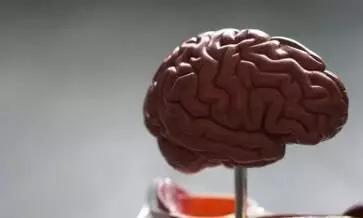
Study finds psychiatric disorders in teens linked to social exclusion in later life
text_fieldsLondon: A new study has found that adolescents who had received a mental health disorder diagnosis were often excluded from the labour market and education as young adults
The study indicated that almost 11 per cent of adolescents who had received a psychiatric diagnosis were excluded from the education and labour market for at least five years in their early adulthood.
"Vocational rehabilitation and tight collaboration between psychiatry and social services are important for enabling adolescents suffering from mental health problems to access the labour market," said lead author David Gyllenberg from the University of Turku (Finland).
For the study, published in the British Journal of Psychiatry, the team included 55,273 individuals after exclusions for intellectual disability, death or emigration.
The results are concerning because they highlight the link between mental health disorders and long-term exclusion from education and the labour market.
In the study, long-term exclusion was defined as a period spent outside education or paid employment lasting a minimum of five years.
The link was particularly strong with those teenagers who had not completed their upper secondary education and who had been diagnosed with a mental health disorder.
Almost half of these teenagers who had experienced psychosis and almost three-quarters of teenagers who had been diagnosed with an autism spectrum disorder experienced long-term exclusion from education and the labour market in their early adulthood
























